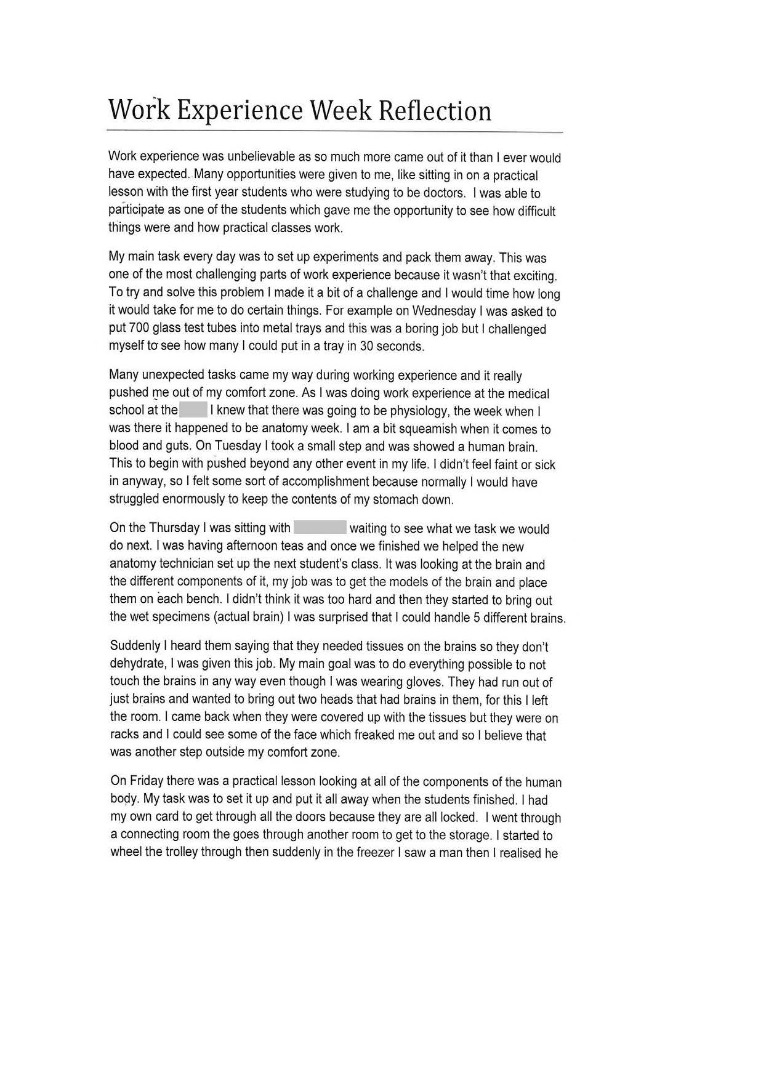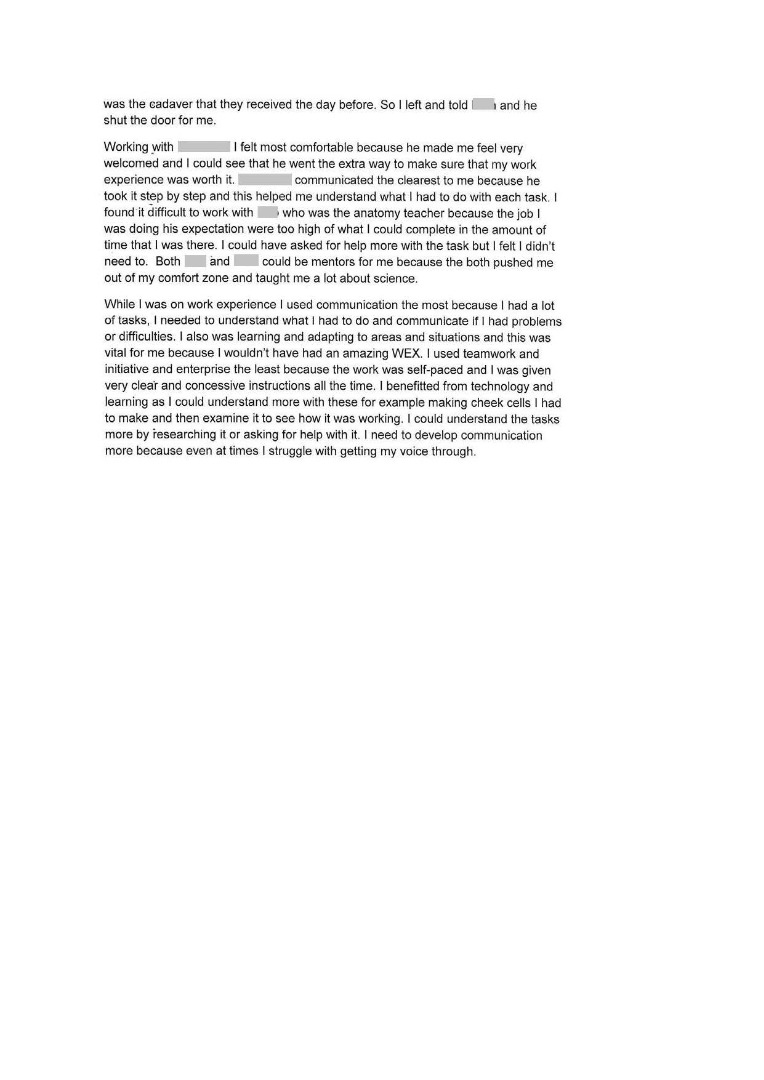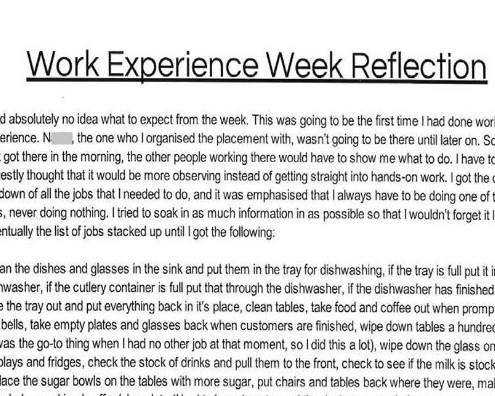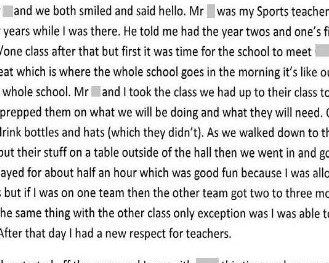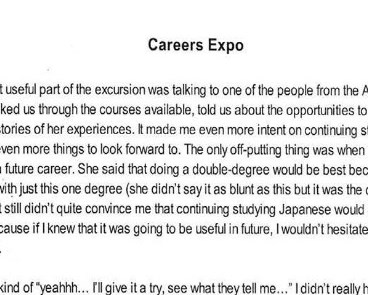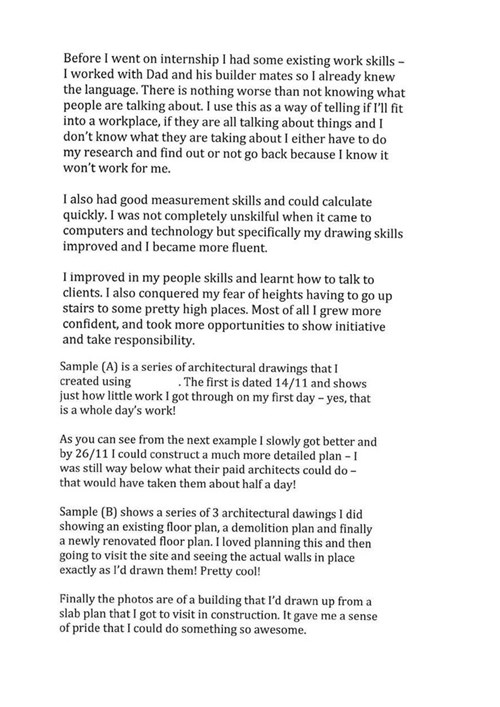By the end of Year 10 students explain the relationship between changing circumstances, learning and 21st century work opportunities and identify the skills needed to manage changes. They evaluate work-related communication tools and analyse the skills and capacities needed for 21st century work including appropriate communication skills, collaboration and teamwork. Students explain the importance of developing entrepreneurial skills and a distinct profile to access and manage 21st century work opportunities and challenges. Students understand the importance of growing self-awareness in improving learning, accessing work opportunities and developing appropriate skills and making more-informed subject and career choices. They analyse emerging 21st century work arrangements and the resultant changing relationships between participants, the opportunities arising and the skills needed for these emerging work arrangements. Students explain the roles of agencies associated with employment support. They outline 21st century approaches to recruitment and selection, and skills required in responding to them. Students explain the benefits of different cultural perspectives in managing work and problem-solving. They identify possible tensions arising in work-related contexts and understand the approaches to resolve conflicts and tensions.
Students process the skills required to manage change and transition. They select learning strategies and career information and sources and evaluate and align their personal capacities. They select and apply appropriate communication methods in a range of contexts. Students form and work in teams on a range of work-related tasks and observe and incorporate the skills needed to work collaboratively. They apply entrepreneurial skills to plan, implement and complete a negotiated action project. Students evaluate their findings, propose actions, make recommendations and present these to an audience of stakeholders. They synthesise increased self-knowledge and career information to school and career-based decisions and create potential career scenarios. Students research a range of information and data to identify trends in work arrangements emerging over time and evaluate agencies and organisations that support various employment situations. Students practise using and responding to 21st century recruitment and selection tools, methods and skills for accessing real and created work opportunities. Students collect and interpret information on different cultural approaches to ways of working. They explain the importance of culturally diverse workplaces to managing work, work relationships and productivity. Students apply conflict resolution methods and skills to work-related contexts.
